What the arrival of Great British Railways means for passengers
The government will launch a new public body to simplify the rail network
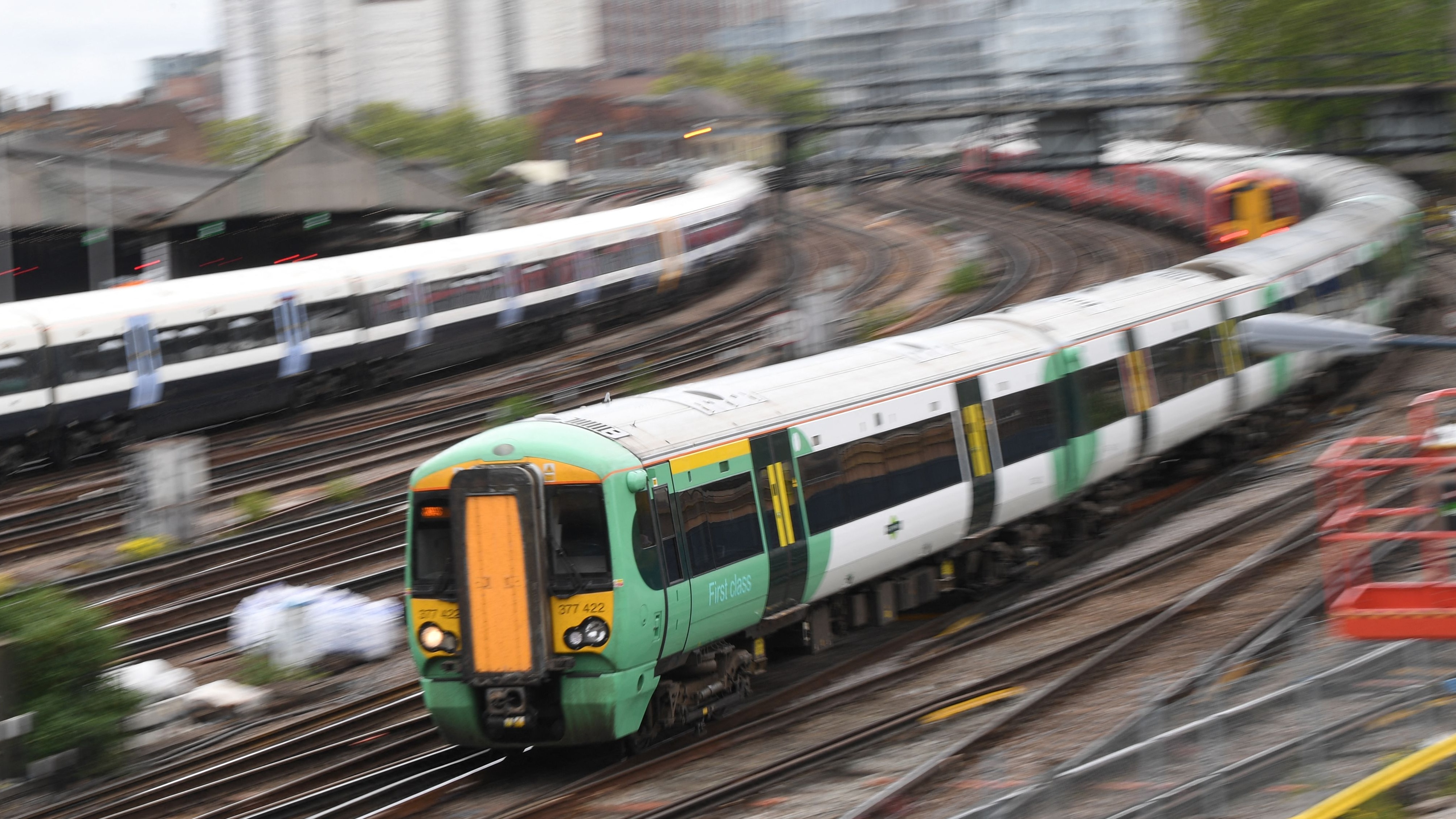
A free daily email with the biggest news stories of the day – and the best features from TheWeek.com
You are now subscribed
Your newsletter sign-up was successful
The government has promised simpler ticketing, smoother journeys and a more efficient service to passengers in a huge shake-up of rail services.
Control of Britain’s railways will be handed to a new public sector body, Great British Railways (GBR), which will “set timetables and prices, sell tickets in England and manage rail infrastructure”, says the BBC.
The government plans come eight months after it axed the system of rail franchising and unveiled plans to extend support for rail firms. But after a significant drop in passenger numbers during the pandemic, the government used £12bn of taxpayers’ money to keep trains running.
The Week
Escape your echo chamber. Get the facts behind the news, plus analysis from multiple perspectives.

Sign up for The Week's Free Newsletters
From our morning news briefing to a weekly Good News Newsletter, get the best of The Week delivered directly to your inbox.
From our morning news briefing to a weekly Good News Newsletter, get the best of The Week delivered directly to your inbox.
Grant Shapps, the transport secretary, said GBR will provide “a single familiar brand with a bold new vision” as well as “united, accountable leadership” – but what will the new reforms mean for passengers?
Simpler, but not cheaper, tickets
The government says GBR will “simplify the current mass of confusing tickets” by introducing several reforms. These include:
- Flexible season tickets will go on sale on 21 June for passengers who commute two or three times a week or on certain routes. They will allow passengers to travel on any eight days in a 28-day period.
- A “significant” rollout of pay as you go, contactless and digital ticketing on smartphones
- A new GBR website where tickets will be sold, including a single compensation system where passengers can apply for refunds.
Shapps said he could not rule out fare rises, however, telling BBC Radio 4’s Today programme that while the new reforms mean no immediate rise, he couldn’t “give guarantees for years to come”.
A free daily email with the biggest news stories of the day – and the best features from TheWeek.com
Smoother journeys
The “chaotic introduction” of new timetables in May 2018 led to years of complaints about the “fragmented“ franchising system, which has now been scrapped, reports the BBC.
But under GBR’s new model, private companies will be paid a flat management fee similar to the “concession” system used for the London Overground and Docklands Light Railway networks, says the Evening Standard.
It will award new “passenger service contracts”, which it says will include “strong incentives” for operators to run “high-quality services and increase passenger numbers”, as well as offering greater accountability, says the government.
GBR will also replace Network Rail as the track operator, in a move that signals “a break with EU rail rules, which mandates the separation of train and track management to foster competition”, reports The Independent.
The government also says GBR will work closely with “local leaders” to give communities greater control over ticketing, timetables and stations.
“The new model will encourage innovative bidders, such as community rail partnerships who want to bid for the GBR contract to operate their local branch lines,” said the government.
Its ‘Achilles’ heel’
GBR’s “concentration of power” could also be its “Achilles’ heel”, says the BBC's business correspondent Dominic O’Connell.
“One of the successes of the privatisation was the freedom for train companies to do new things,” he writes, warning that “if that spirit of innovation is lost” it could lead to the railways sliding into “stagnation”.
He adds that the fear among railway executives is that the Treasury will try to “claw back spending” after supporting services during the pandemic.
The government insists the move is not a return to nationalisation, as trains will still be run by private companies through the new passenger service contracts, but rail union bosses called it “a missed opportunity by the government to make a clean break from the failures of the past that have left Britain’s railways in the slow lane”, reports Sky News.
Labour’s shadow transport secretary Jim McMahon said the government’s report “raises more questions than it answers” and was “another example of ministers talking a good game, with very little substance underneath”.
Sorcha Bradley is a writer at The Week and a regular on “The Week Unwrapped” podcast. She worked at The Week magazine for a year and a half before taking up her current role with the digital team, where she mostly covers UK current affairs and politics. Before joining The Week, Sorcha worked at slow-news start-up Tortoise Media. She has also written for Sky News, The Sunday Times, the London Evening Standard and Grazia magazine, among other publications. She has a master’s in newspaper journalism from City, University of London, where she specialised in political journalism.
-
 Local elections 2026: where are they and who is expected to win?
Local elections 2026: where are they and who is expected to win?The Explainer Labour is braced for heavy losses and U-turn on postponing some council elections hasn’t helped the party’s prospects
-
 6 of the world’s most accessible destinations
6 of the world’s most accessible destinationsThe Week Recommends Experience all of Berlin, Singapore and Sydney
-
 How the FCC’s ‘equal time’ rule works
How the FCC’s ‘equal time’ rule worksIn the Spotlight The law is at the heart of the Colbert-CBS conflict
-
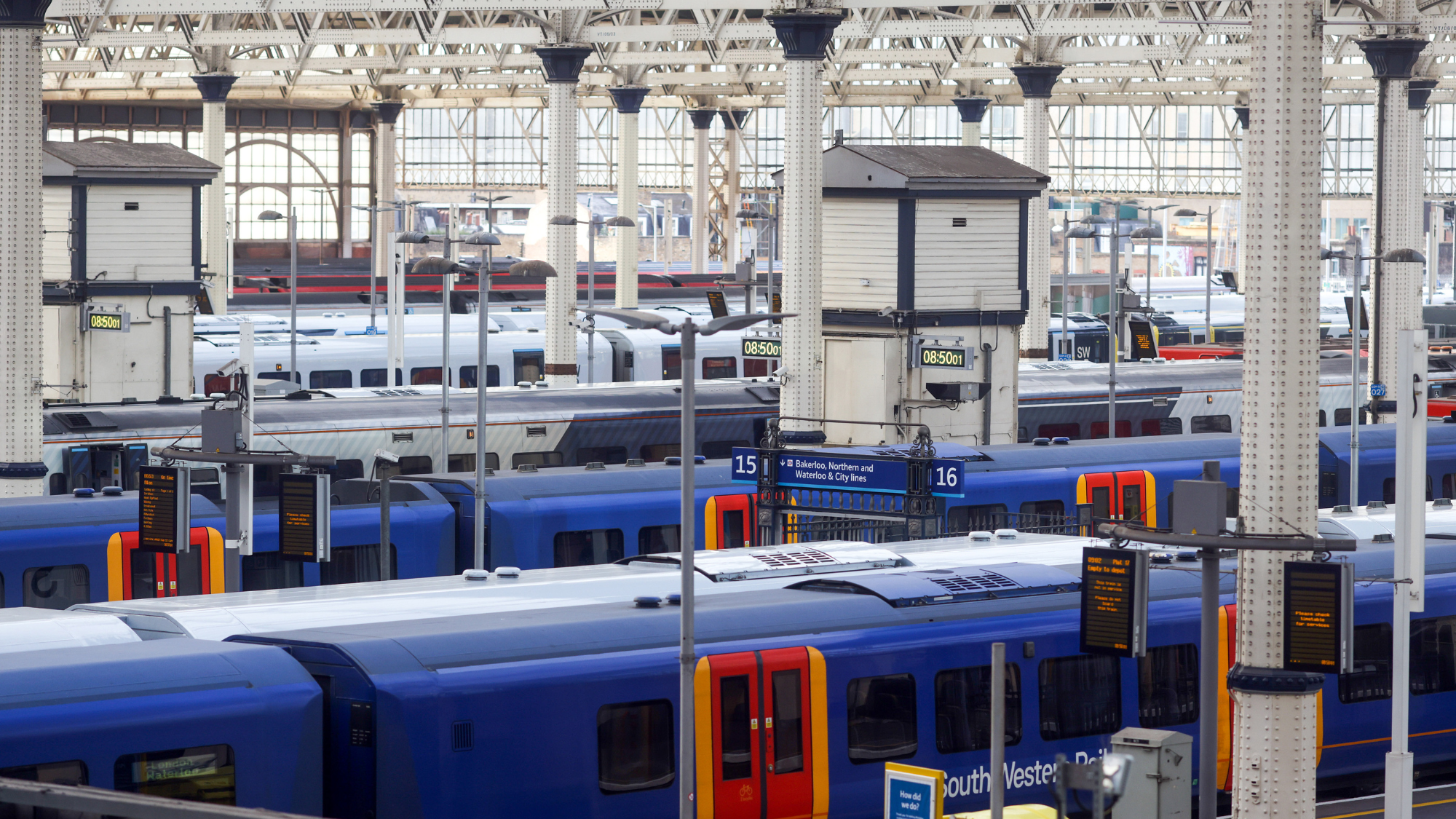 Is it finally all change for train Wi-Fi?
Is it finally all change for train Wi-Fi?In The Spotlight South Western Railway's 5G Wi-Fi service has changed the way passengers connect – but will the new system catch on?
-
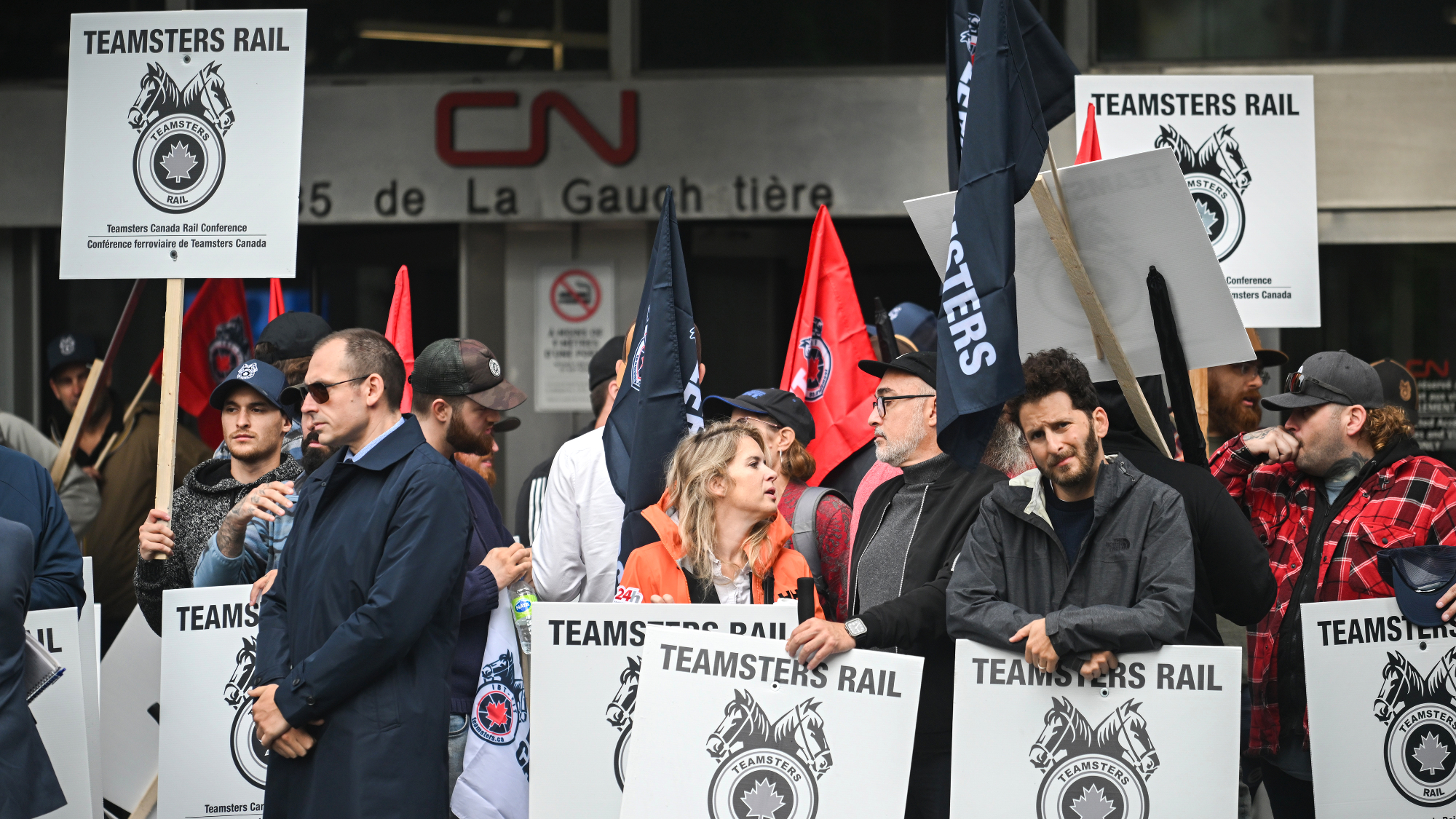 Brief Canada rail lockout ends with arbitration
Brief Canada rail lockout ends with arbitrationSpeed Read A prolonged shutdown could have threatened the country's supply chain
-
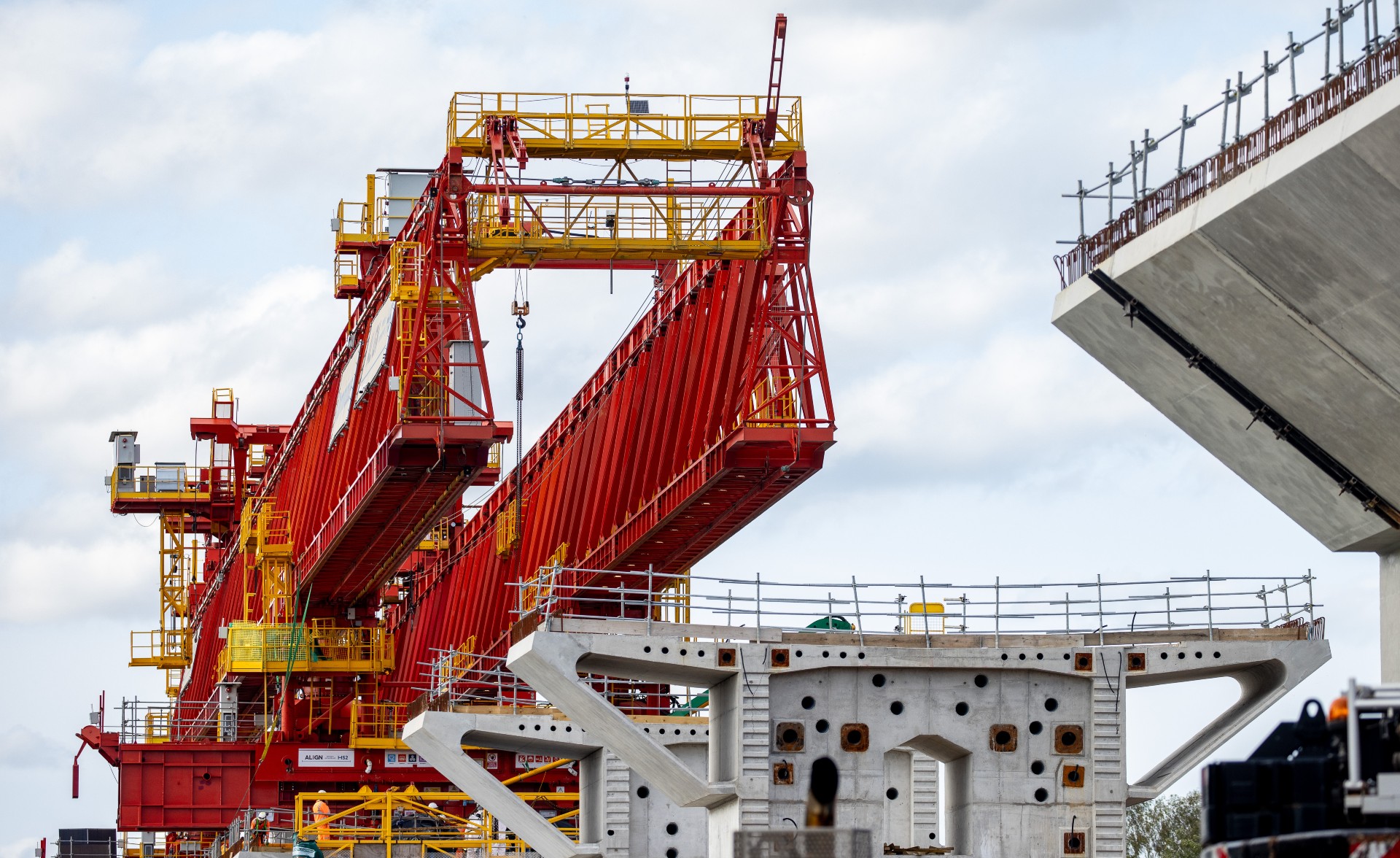 HS2: a runaway train
HS2: a runaway trainTalking Point PM may cut Manchester to Birmingham line of beleaguered rail project due to spiralling costs
-
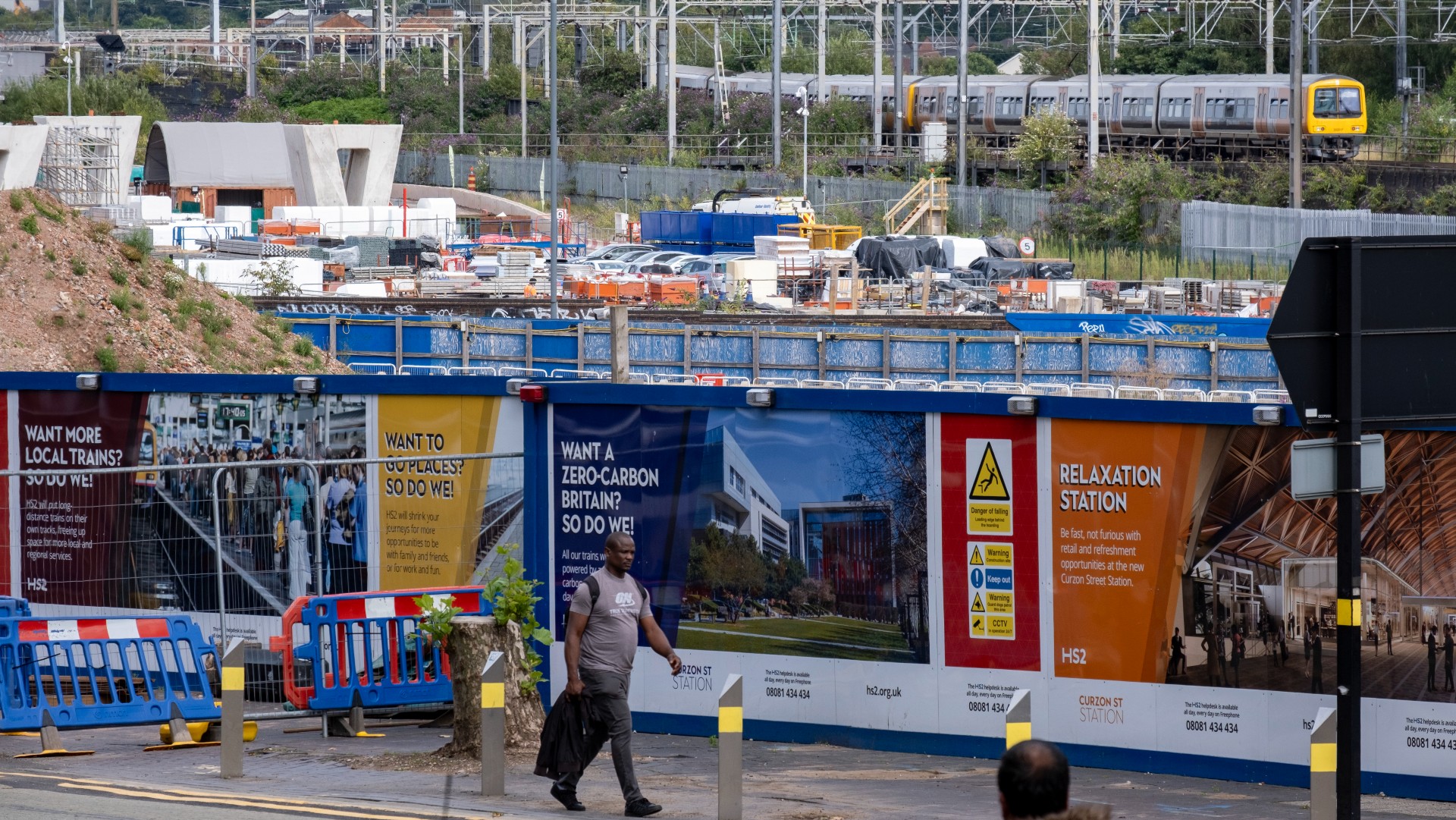 Is Britain’s infrastructure failing?
Is Britain’s infrastructure failing?feature High costs, inflation, policy uncertainty and ‘nimby’ tax have led to ‘dire state’ of UK building projects
-
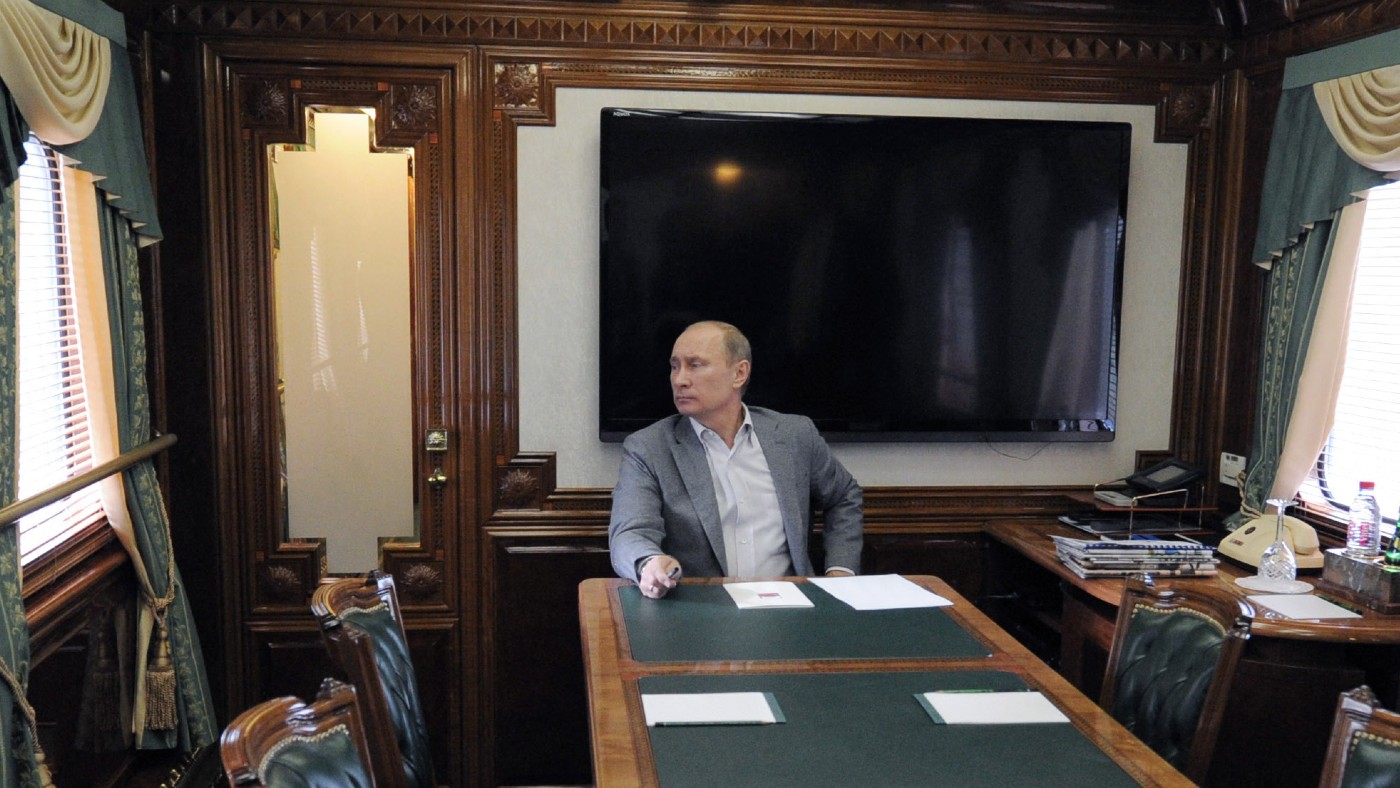 ‘Ghost trains’ and armoured limos: how Vladimir Putin travels in secret luxury
‘Ghost trains’ and armoured limos: how Vladimir Putin travels in secret luxuryUnder the Radar Planes, trains and automobiles make up the Russian president’s fleet of undercover travel options
-
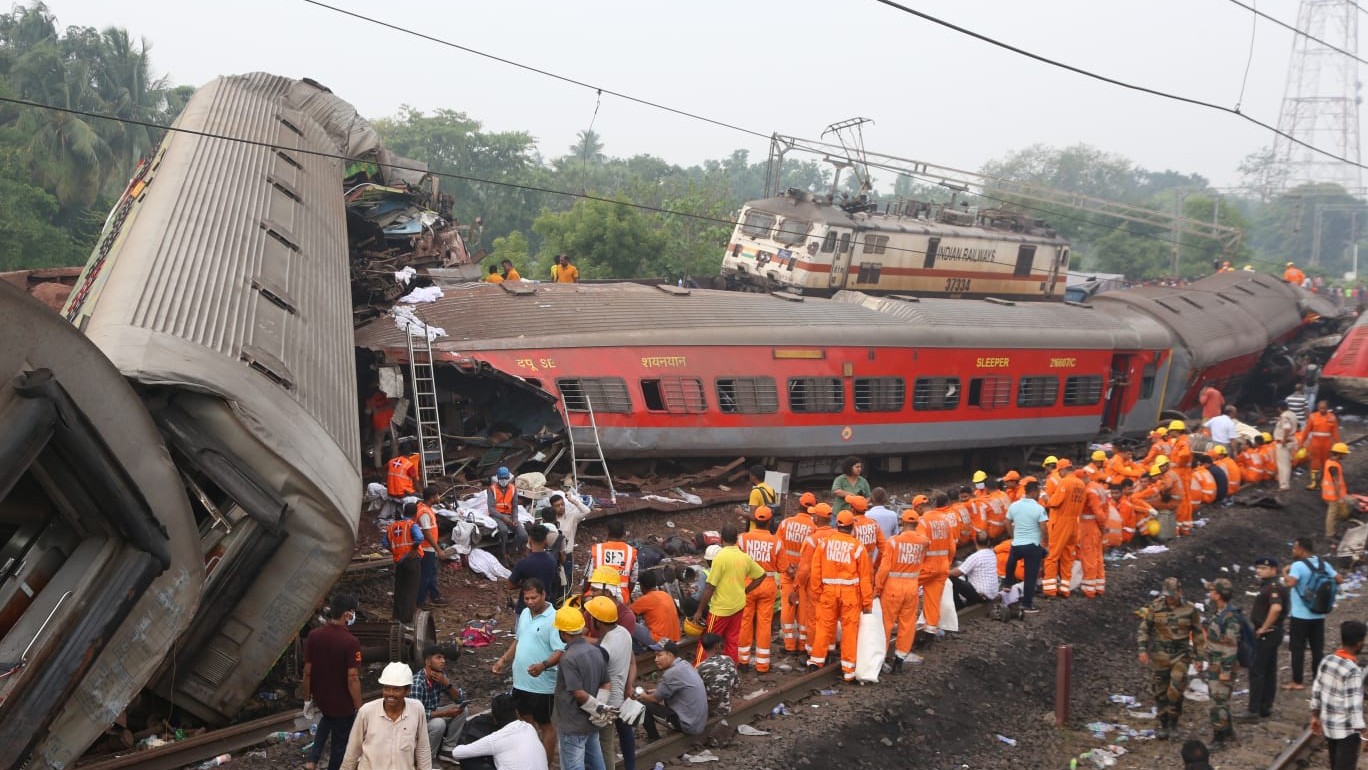 How safe is India’s rail network?
How safe is India’s rail network?feature Narendra Modi’s costly modernisation programme in spotlight after worst train disaster in decades
-
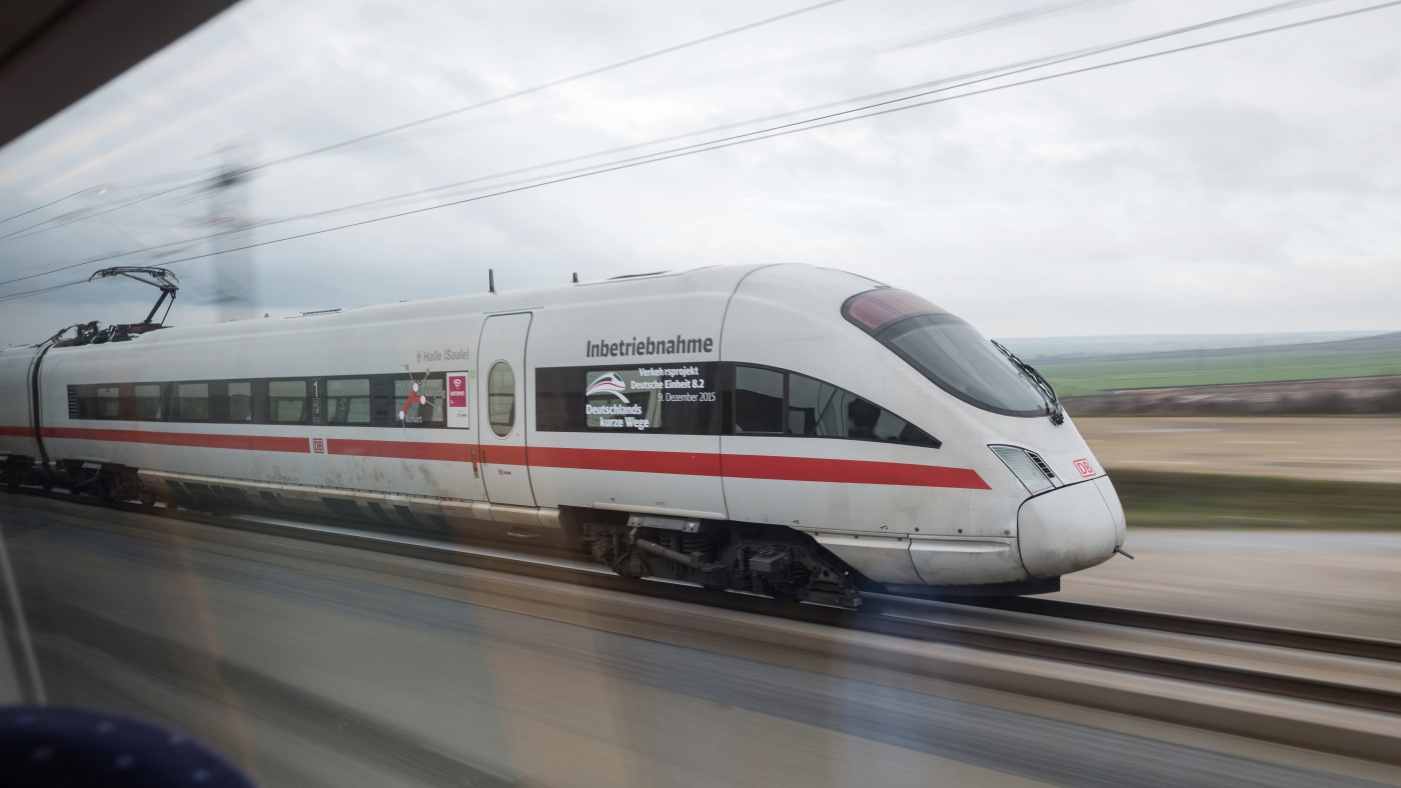 How safe is train travel?
How safe is train travel?feature The Week looks at the safety records of modern railways in Europe, the US and the UK
-
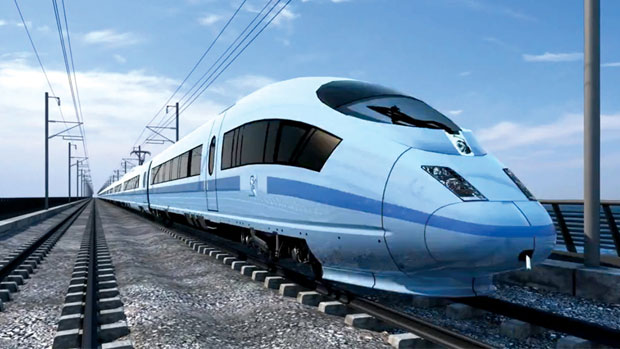 Will HS2 be scrapped and what has it cost so far?
Will HS2 be scrapped and what has it cost so far?In Depth Experts say cutting costs on the controversial high-speed rail project could mean a slower and less regular service linking fewer locations